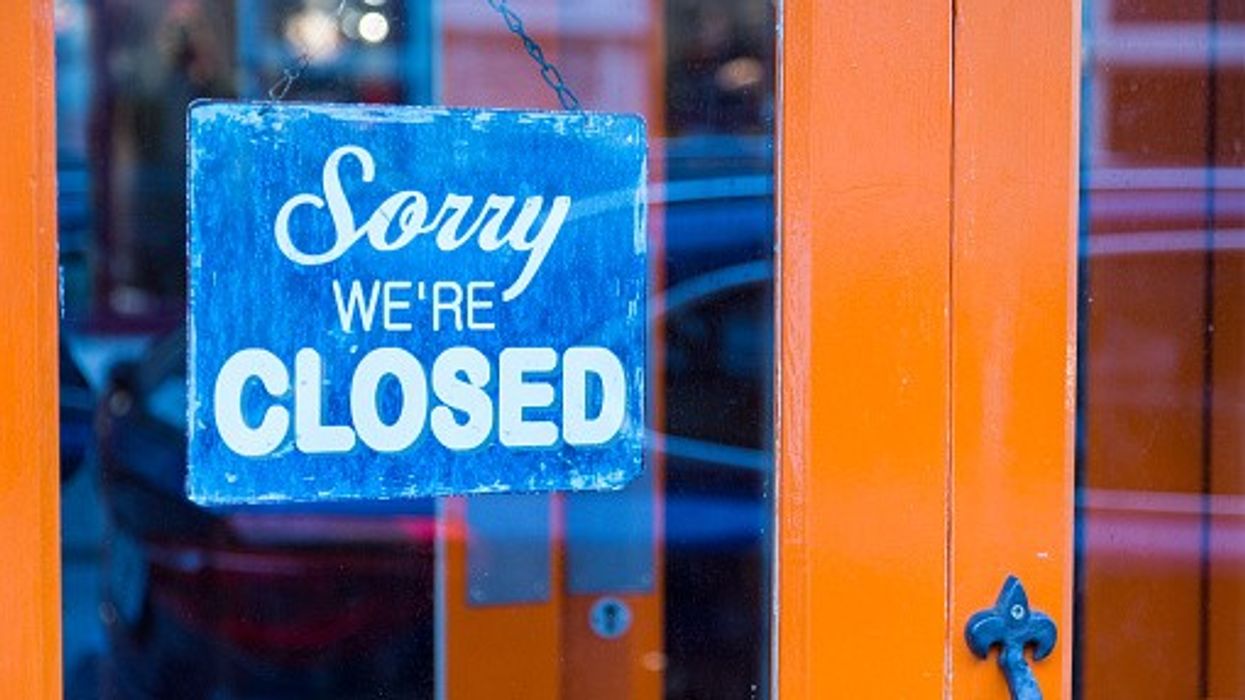Pharmacy owners in England, Wales and Northern Ireland vote to reduce their opening hours to protest funding cuts
Sector leaders have welcomed the NPA ballot results, which demonstrate that community pharmacies are prepared to take collective action if a funding increase is not achieved.
Nearly all pharmacy owners, who participated in the NPA ballot, said they were willing to limit their services to protest funding cuts.
Commenting on the poll results, Malcolm Harrison, CEO of the Company Chemists' Association (CCA) said: “The results of the NPA ballot serves to underline the huge pressure that pharmacy contractors face, following a decade of underfunding.
He emphasised the need to start the Community Pharmacy Contractual Framework (CPCF) renegotiations for 2024/25 without delay.
“The government and NHS must uplift all elements of the contractual framework, to stop further reductions in pharmacy opening hours and permanent pharmacy closures, and to ensure that patients can continue to receive the medicines and clinical care and advice they need,” he added.
Harry McQuillan, Chairman of Numark, stated that while the NPA ballot outcome has once again brought the financial crisis facing the sector into focus, this is “an everyday reality" for many independent pharmacies and that it has reached “breaking point.”
He warned that rising operational costs including the increase in national insurance and minimum wage will push many more to the brink.
“Independent community pharmacies need immediate, sustainable funding from the Government to keep their doors open. Without action, more closures are inevitable, and the ripple effect on community healthcare will be profound,” he added.
Over 63 per cent of NPA members in England, Wales and Northern Ireland took part in the poll– representing 3,049 independent community pharmacies in England alone, or 3,399 with Wales and Northern Ireland included.
Over 70 per cent of members in Northern Ireland and about 56 per cent in Wales took part in the poll.
Nearly 98 per cent of pharmacy owners in England, 89 per cent in Wales and over 99 per cent in Northern Ireland voted to reduce their opening hours to the minimum required by their contract. This could result in fewer pharmacies remaining open during evenings and weekends.
The majority of pharmacy owners voted to stop offering free home deliveries of medicines, and to refuse to co-operate with certain data requests beyond what is necessary for patient safety and contractual requirements.
Over 90 per cent voted to withdraw from locally commissioned services, including certain addiction support, emergency contraception, and stop smoking services, and to stop supplying free monitored dose systems (medicine packs) that are not funded by the NHS, except those covered by the Disability Discrimination Act.
NPA chair Nick Kaye said: “Pharmacies desperately want to support their local communities with access to medicines and advice but have been forced into an untenable position by a decade of underfunding.”
He added that the anger among pharmacy owners has increased exponentially following the Budget, with the hike in National Insurance employers’ contributions and the unfunded National Living Wage increase pushing even more pharmacies to the brink.
He warned that, if the government does not act to protect this vital and much-loved part of our health service, they will be left with “no option” but to suggest that pharmacy owners should consider acting on the clear ballot results in January.
“As a third-generation pharmacist, I deeply care about my patients, as do pharmacy teams across the country, but I have never experienced a situation as desperate as this.
"Pharmacy owns are not a radical bunch, we have never proposed action like this before, but after a decade of underfunding and record closures, something simply has got to give,” he added.
Many contractors suggested that the UK Drug Tariff, the amount pharmacies receive for dispensing medication, needs reviewing urgently.
All of them agree that pharmacy owners “cannot guarantee community pharmacy services will remain safe into the future” without immediate increases in funding and the implementation of a guaranteed funding roadmap for the Community Pharmacy Strategy 2030.
The NPA is urging the government to meet and discuss an urgent uplift for pharmacy funding – alongside a modernisation of pharmacy with a funded expansion of clinical services.
Meanwhile, it has asked its members to prepare to consider withdrawing services in January, if new support is not forthcoming.













